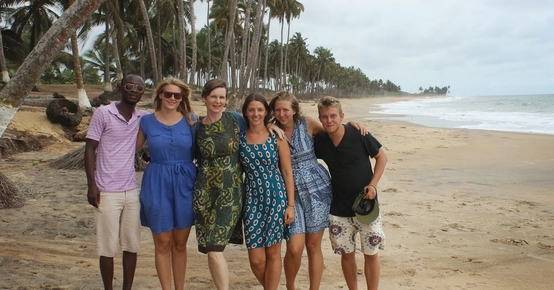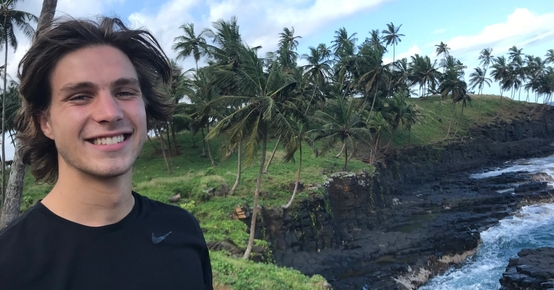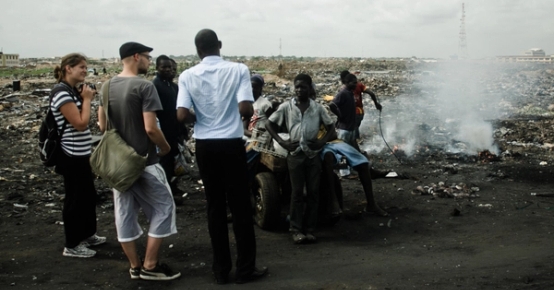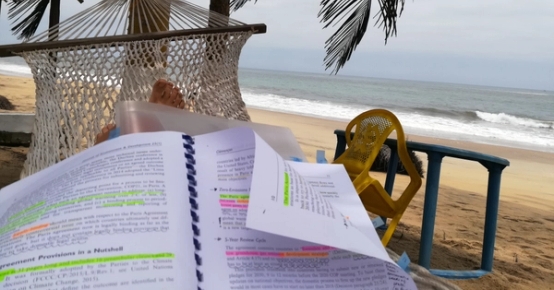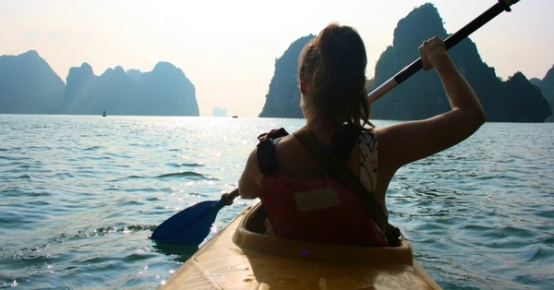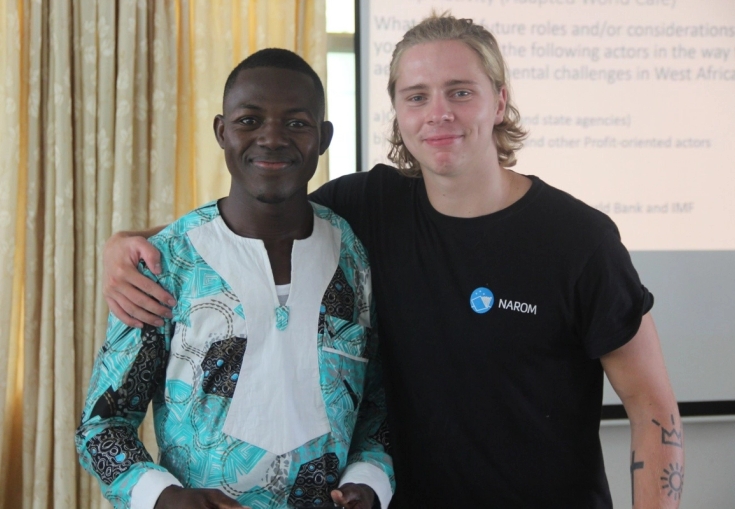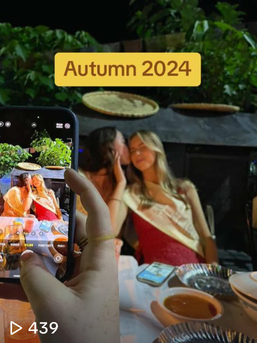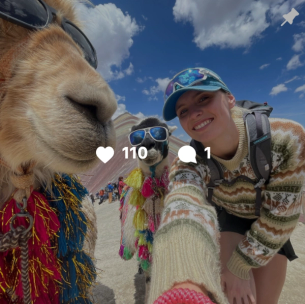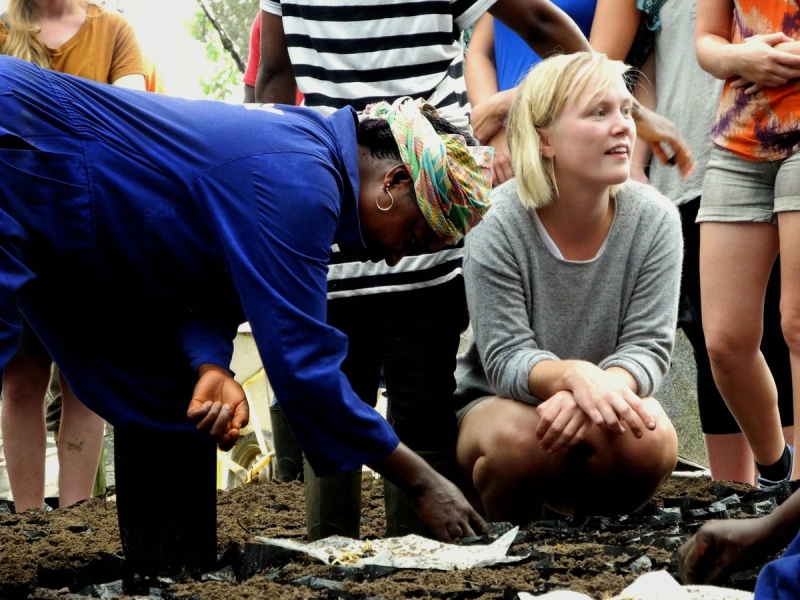
"Research is also a personal experience"
Dr. Ann Le Mare discusses the fieldwork that Development Studies 2 students conduct in Ghana.

Development Studies 2 ambitiously focuses on the students' own fieldwork. They receive thorough instruction in methodology, and they are given the opportunity to implement a variety of different methods.
The practical experiences from the fieldwork will be linked to the theories they learn in the classroom and questions about the challenges, opportunities, and complexity within the field of development.
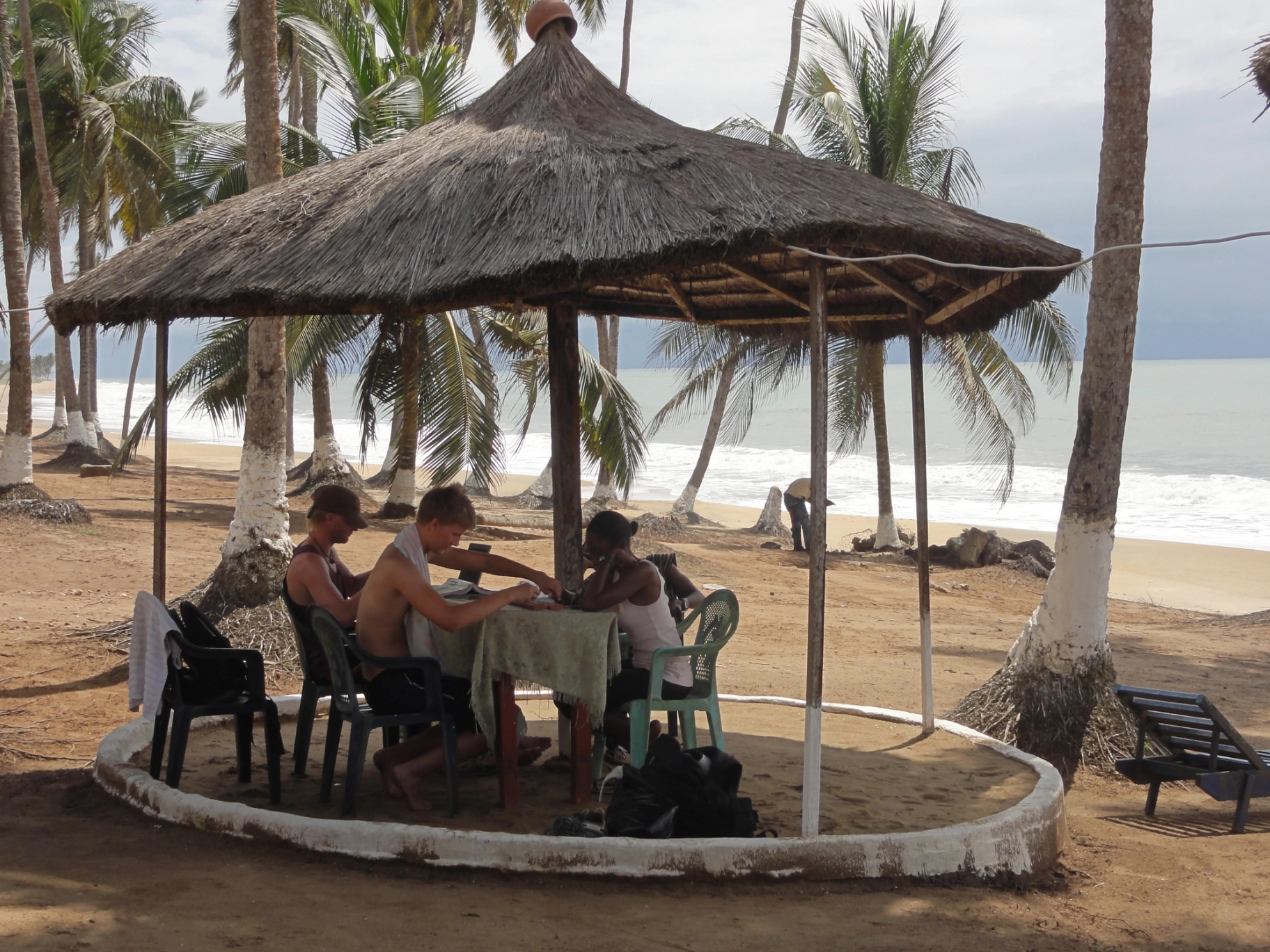
The students are working on various research questions within the fields of environment and sustainable development or social development issues such as health, equality, labor conditions, and wages.
Research is also a personal experience, and the experiences from fieldwork often lead students to start challenging their own mindsets. They have to deal with new and unfamiliar situations and relationships.
In some of the villages where we conduct fieldwork, there is no internet access, wi-fi, or telephone lines. Mobile coverage might mean a twenty-minute walk up a hill, so here one does not get their daily dose of social media. Other students conduct their fieldwork in the capital, Accra, focusing on urban issues. Different locations offer their own challenges and unique research themes.
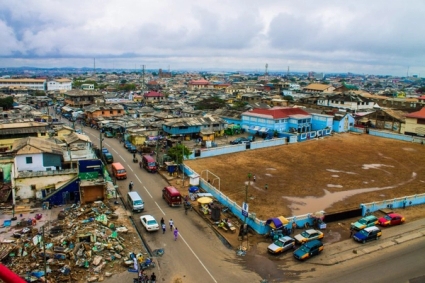
Students must cope with the daily challenges that come with poverty and poor living conditions, while they are often impressed by the resilience, kindness, and optimism among the residents.
They establish friendships with host families, interpreters, and others they worked with during these weeks. While it is a rewarding experience, both academically and personally, fieldwork can also be very demanding.
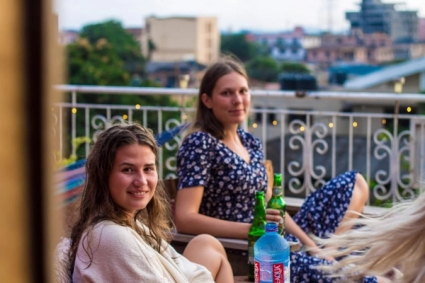
Development Studies 2 continues the curriculum from Development Studies 1, which is offered in Vietnam. The first semester introduces students to key approaches to development; neoliberalism, Marxism, structuralism, and there is a strong focus on human rights, with special emphasis on Southeast Asian countries.
In Development Studies 2, critical theories such as political ecology, poststructuralism, and feminist theory are introduced. There is also a clear focus on the situation in Ghana and West Africa. Thus, students can gain a broad theoretical base while acquiring country-specific theories and experiences.
- Ghana
Research is also a personal experience, and the experiences from fieldwork often lead students to begin to challenge their own mindsets.– Dr. Ann Le Mare
The study that Kulturstudier offers is different from other university studies. One of the most important aspects is perhaps the experience of being part of an academic adventure – students and teachers working and studying together in a country relevant to the curriculum.
Formal lectures are interwoven with various activities, seminars, field trips, and opportunities to engage in local organizations and social events, which together constitute a complex and exciting academic experience.
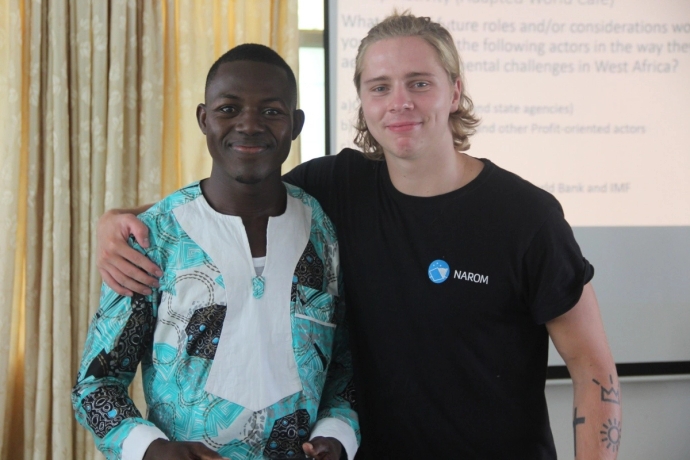
The combination of Development Studies 1 and 2 can also be used as the first year in a bachelor's degree in Development Studies at OsloMet. Students who have taken this combination with Kulturstudier will thus be able to apply directly for the second year of the bachelor's degree.
